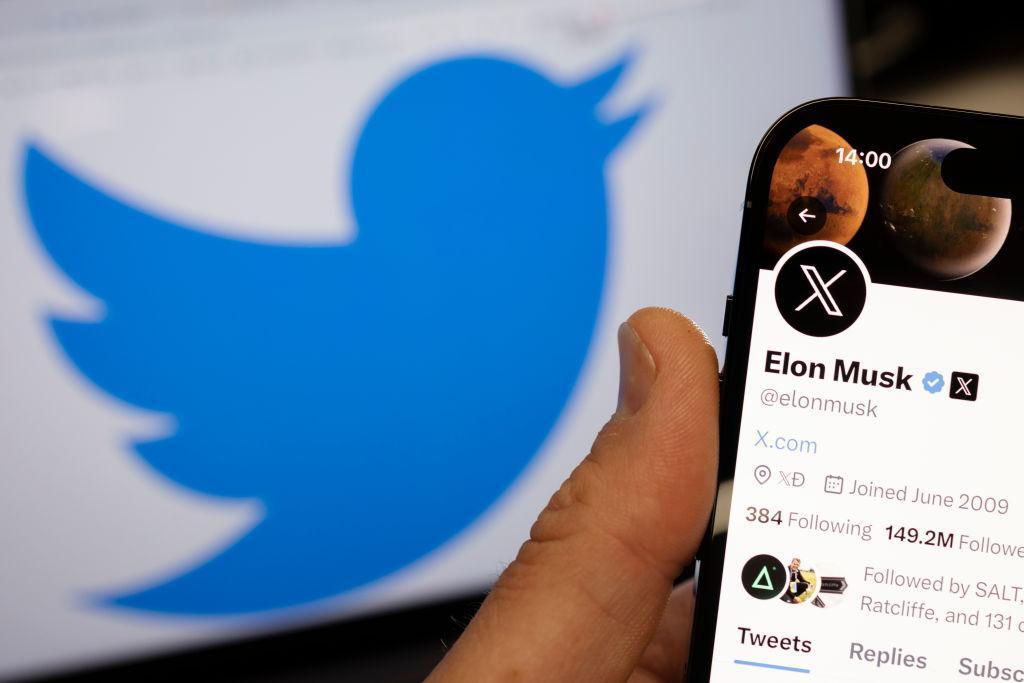The European Union charged that X, formerly known as Twitter, violates standards for accountability and openness by employing misleading “dark patterns” to deceive users. Preliminary EU conclusions state that these activities are against the bloc’s new Digital Services Act social media legislation.
‘Dark pattern’ is a word used by Harry Brignull, inventor of Deceptive Patterns, to characterize user interface features that trick users into making decisions that are advantageous to the service provider, frequently at the expense of the user. These patterns lead people down a course they could come to regret by taking advantage of cognitive biases and inattention. Dark patterns include, among other things, misleading users into clicking on advertisements that appear to be navigation elements, pressuring them to act quickly by falsely indicating that what they are viewing is almost gone, making it simple to enter a situation (like signing up for a service) but difficult to exit (like canceling a subscription), and so forth.
Authorities criticized X’s blue checks, claiming that they represent “dark patterns” that violate industry standards and might be exploited by malevolent parties to trick consumers.
These blue checkmarks served as proof that the person’s identification had been confirmed, even other social media platforms, such as LinkedIn, still display a “verified” symbol to show that they have validated a user’s identity, but that’s no longer the case with X. Now, any user on X, owned by Elon Musk, can purchase a blue checkmark for $8 per month.
It appears that the blue checkmark now on X only indicates that someone has paid $8. It’s impossible to identify if it’s a person, a company, or the creator of a bot farm, bringing X’s legitimacy and reliability into question.
In the past, the ‘Blue Checks’ were recognized as reliable information sources, according to a statement by European Commissioner Thierry Breton. “As of right now, we believe that X violates the DSA and deceives users.”
“This behavior ‘negatively affects users’ ability to make free and informed decisions about the authenticity of the accounts and the content they interact with, since anyone can subscribe to obtain such a “verified” status,” he added.
The blue checks are only one part of the larger charges, which also involve flaws in X’s ad database and denying researchers access to data.
In response to these charges, Musk stated that X was presented with an “illegal secret deal” by the European Commission to control speech without notifying anybody, an offer that X turned down while other platforms accepted.
X now has the opportunity to address the charges and make the necessary adjustments to comply, which would be enforceable by law. If the commission isn’t satisfied, it has the authority to force the corporation to correct the issue and impose fines of up to 6% of its yearly worldwide revenue.
Authorities continue to investigate whether X is not doing enough to stop the dissemination of unlawful content, such as hate speech or encouragement to terrorism, and the efficacy of efforts to counter “information manipulation,” particularly through its crowd-sourced Community Notes fact-checking feature.





